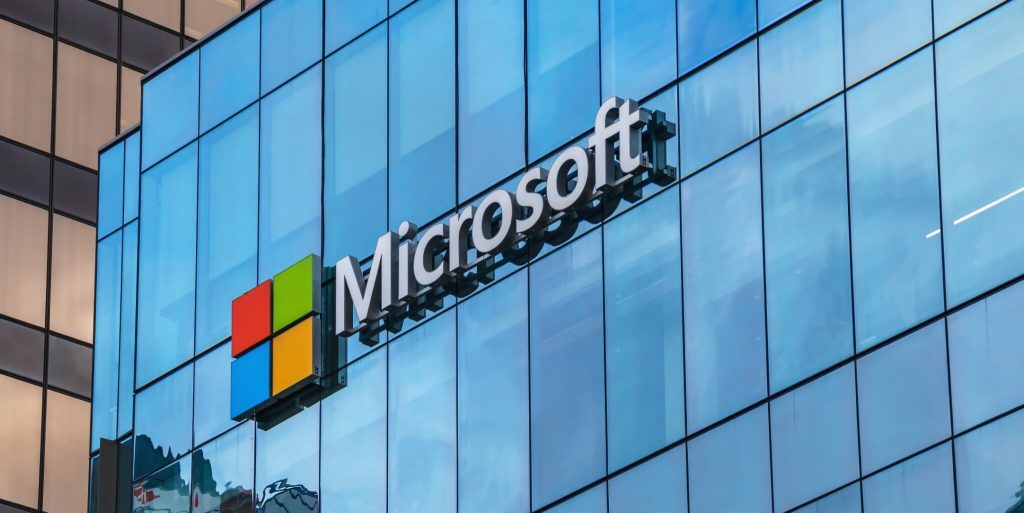
The Nigerian government is partnering with tech giant, Microsoft, to deploy Internet connectivity in unserved and underserved areas in the country through the Microsoft Airband Initiative.
Nigeria’s Vice President, Yemi Osinbajo, made this announcement in a tweet on Monday, May 3, 2021.
According to the Nigerian Communications Commission (NCC), Nigeria’s broadband penetration currently stands at 45%, but some industry experts like Paradigm Initiative’s Gbenga Sesan have previously argued that these figures are exaggerated.
So far, the Nigerian government has tried to improve broadband penetration through various means, with fibre being the most popular. However, this method is quite expensive. Advertisement
How will this work?
Due to the high cost of deploying fibre, which is even more expensive in Nigeria, the Microsoft Airband Initiative takes advantage of Television White Spaces (TVWS), the unused broadcasting frequencies between television channels.
This technology can travel longer distances than traditional WiFi signals, and across forests and walls.
Ideally, the deployment of this technology should make the Internet better for Nigeria’s almost 100 million rural population, but things rarely occur in ideal situations.
Microsoft says it “partners with local organisations to deploy cost-effective solutions to meet the unique needs of underserved communities”, much like the short-lived Google Loon Initiative in East Africa.
Hopefully, Microsoft’s latest play succeeds and has a longer life span.

